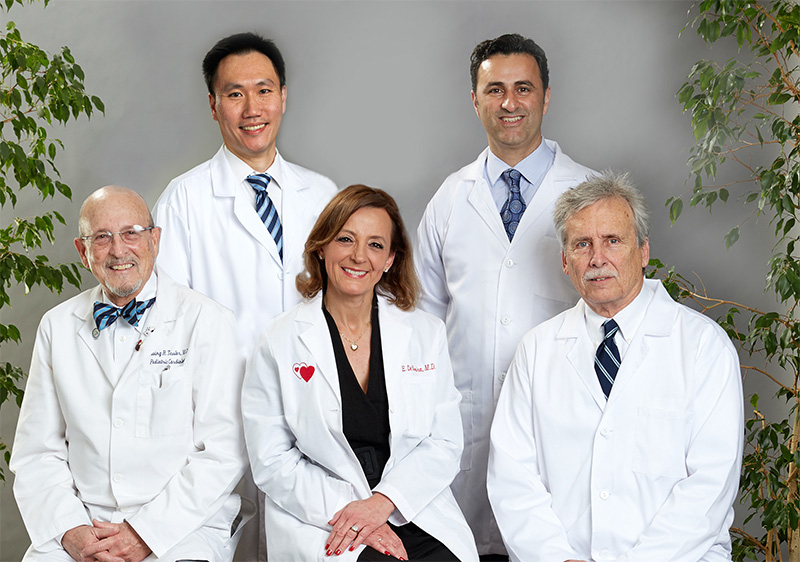The cause of Kawasaki disease is still unknown and so far there is no specific test to confirm this diagnosis. It doesn’t appear to be hereditary or contagious. The condition is more frequent among children of Asian-American descent, but it can occur in any racial or ethnic group.
The disease includes several symptoms, including a fever of several days duration, rash, conjunctivitis, swollen lymph glands in the neck and irritation and inflammation of the mouth, lips and throat and swelling of the hands and feet.
The heart, especially the coronary arteries may be affected in children with Kawasaki disease. It may cause a weakening of a coronary artery that results in an enlargement or swelling of the blood vessel wall called an aneurysm, leading to long-term complications. For these reasons, often aspirin and intravenous gamma globulin are used in the acute phase. Most children recover completely after one week or so.




